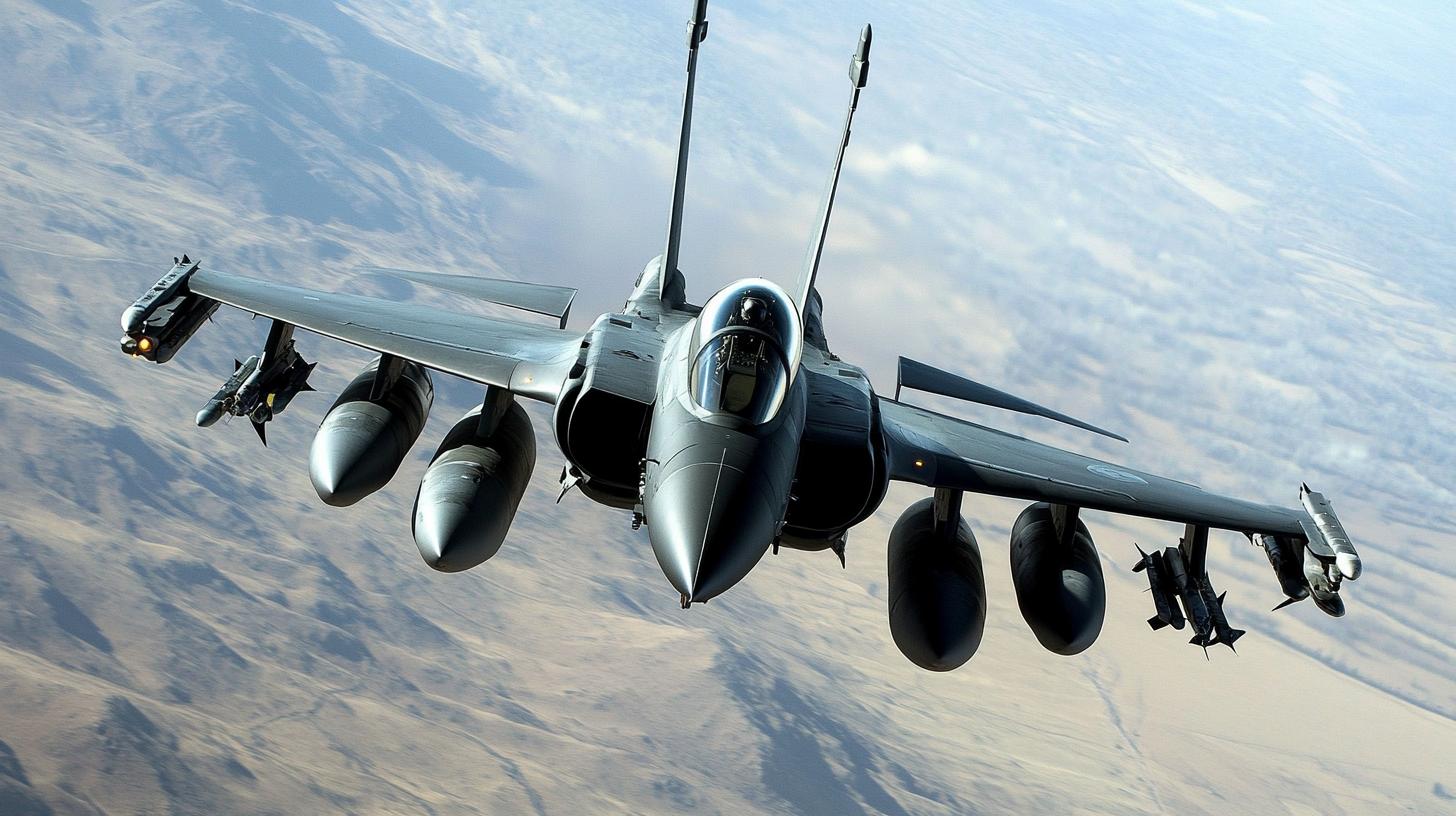In a groundbreaking collaboration, Japan, Britain, and Italy have solidified their commitment to develop a next-generation fighter jet, promising transformative strides in defense technology. This ambitious project was confirmed by Japanese Prime Minister Shigeru Ishiba, British Prime Minister Keir Starmer, and Italian Prime Minister Giorgia Meloni during a strategic meeting on the sidelines of the Group of 20 summit in Rio de Janeiro.
The bold initiative, dubbed the Global Combat Air Program, is projected for completion by 2035. It brings together the premier technological capabilities of Japan’s Mitsubishi Heavy Industries Ltd., Britain’s BAE Systems plc, and Italy’s Leonardo SpA. This trilateral partnership not only aims to enhance military prowess but also serves as a testament to the countries’ shared democratic values and commitment to the rule of law.
Key figures from the countries underscored the significance of aligning national technologies to foster long-lasting cooperation. They view this joint endeavor as a precursor to further collective defense efforts in future decades.
Since the initial agreement in December 2022, the three nations have focused on leveraging their combined expertise to shape a cornerstone of trilateral defense initiatives. The vision extends beyond mere technological advancement, aspiring to establish a cohesive and robust framework for geopolitical collaboration.
As progress continues, the Global Combat Air Program signifies an exciting leap toward advanced defense capabilities, strengthening international alliances amidst evolving global challenges.
The Global Combat Air Program: A Leap into the Future of Defense Technology
Unpacking the Global Combat Air Program: Implications for Humanity and Technology
The unveiling of the Global Combat Air Program (GCAP) by Japan, Britain, and Italy marks a pivotal moment in defense technology, hinting at numerous implications for humanity’s technological trajectory. This groundbreaking initiative, projected to culminate in a next-generation fighter jet by 2035, showcases a blend of innovation, international cooperation, and technological synthesis.
Interesting Facts and Controversies
What makes the Global Combat Air Program truly fascinating is not just the technological ambition it represents but the geopolitical statement behind it. The collaboration between Japan, Britain, and Italy underscores a strategic alignment not just technologically, but also diplomatically in an era characterized by geopolitical tensions.
One of the intriguing aspects of this endeavor is the integration of Artificial Intelligence (AI) into the fighter jet systems. The use of AI aims to enhance decision-making processes and combat capabilities, potentially revolutionizing aerial warfare dynamics. However, this brings about conversations and controversies regarding the ethical implications of autonomous weapon systems. Can AI make life-or-death decisions ethically, or does this technological leap bring about a new set of moral dilemmas?
Advantages and Disadvantages
As is often the case with groundbreaking technology, the Global Combat Air Program promises both advantages and drawbacks:
1. Advantages:
– Technological Synergy: By combining the capabilities of Mitsubishi, BAE Systems, and Leonardo, the program could lead to unprecedented advancements in aerospace technology.
– Strategic Defense Strengthening: Enhanced defense capabilities are critical in today’s global security landscape, providing a significant deterrent against potential threats.
– International Cooperation: The program sets a precedent for collaborative efforts in defense, fostering stronger ties between the participating nations.
2. Disadvantages:
– Ethical Concerns: The integration of AI raises questions about the ethics of automated warfare.
– Economic Costs: Such advanced technological development requires substantial financial investment, potentially diverting resources from other critical areas like healthcare or education.
– Security Risks: Sharing sensitive technologies could inadvertently present cybersecurity risks, leading to potential vulnerabilities.
How Does This Affect the Future of Technological Development?
The Global Combat Air Program signals a significant shift in how nations approach defense technology. By pooling resources and expertise, countries can achieve technological feats that would be daunting individually. This could precipitate a broader trend of international partnerships in technological innovation beyond the defense sector.
Moreover, the reliance on advanced technologies such as AI could spill over into civilian applications, influencing industries like transport, computing, and communication. However, as technology races ahead, regulatory frameworks worldwide need to catch up to address concerns about privacy, security, and ethical standards.
Final Thought: Is Technology a Boon or a Bane?
The Global Combat Air Program pushes us to contemplate: In our quest for technological supremacy, are we mindful of the broader consequences? Balancing technological advancement with ethical considerations remains a critical challenge as we forge into an uncertain future.
For more information on defense collaborations and technological innovations, visit Japan Times, BBC, and Reuters.







